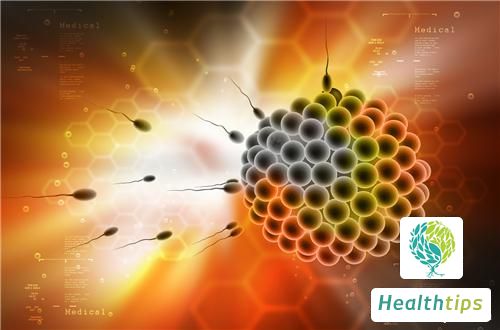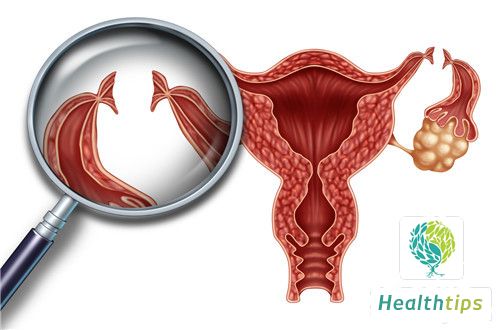What Are the Clinical Manifestations of a Heart Attack?
Myocardial infarction, a common clinical disease, is frequently seen in many middle-aged and elderly individuals. Its inducing factors are diverse, often leading to sudden onset. When myocardial infarction occurs clinically, the symptoms are very obvious, and many of them cause significant pain to patients. In particular, chest pain can be very sudden. In addition to chest pain, what are the other clinical manifestations of myocardial infarction?

Although patients with angina pectoris can usually identify obvious triggering factors such as exertion or excitement, if chest pain symptoms occur in a quiet state without apparent provocation, accompanied by excessive sweating, vomiting, nausea, and other symptoms, immediate medical attention is required.
If chest pain occurs during rest or at night, there is a high suspicion of a myocardial infarction attack. Generally, new-onset angina pectoris during the night or after rest is a precursor to a myocardial infarction attack.
If there is a sudden onset of previously unseen symptoms such as chest tightness, fatigue, and palpitations, or if these symptoms worsen or increase in frequency during activity, with a gradual trend of worsening, immediate medical attention is also required.
Physical pain may be associated with exertion or excitement, and may manifest as upper abdominal pain, toothache, jaw pain, left shoulder and arm pain, or back pain. These symptoms should also be taken seriously.
For individuals who have previously been diagnosed with angina pectoris, if within the past month there is a gradual increase in the severity of angina symptoms or a more frequent occurrence of chest pain, with increasing intensity and duration, there is a high need for vigilance against a potential myocardial infarction attack. Additionally, if chest pain symptoms do not effectively resolve within 15-20 minutes after taking medication during an angina attack, this should also raise suspicion of a myocardial infarction.



















